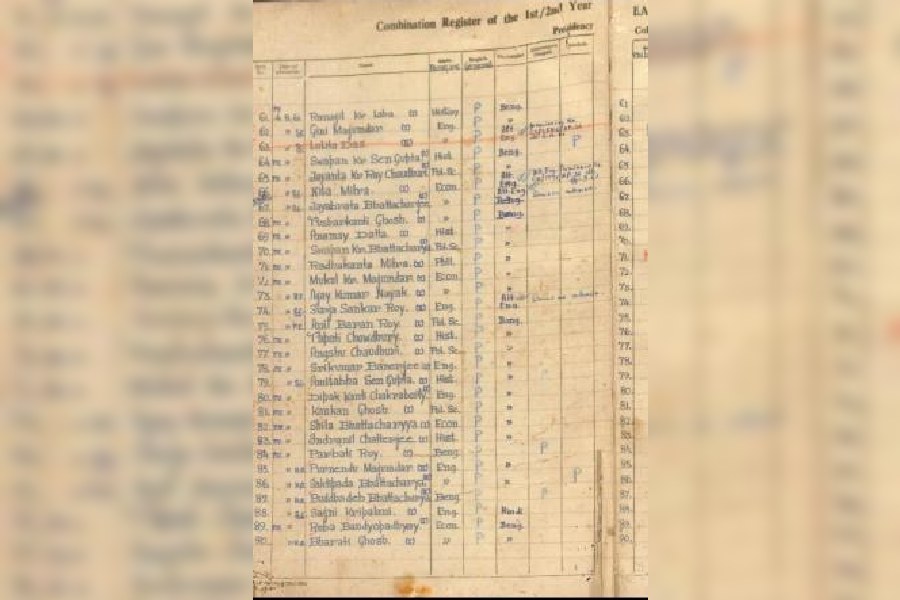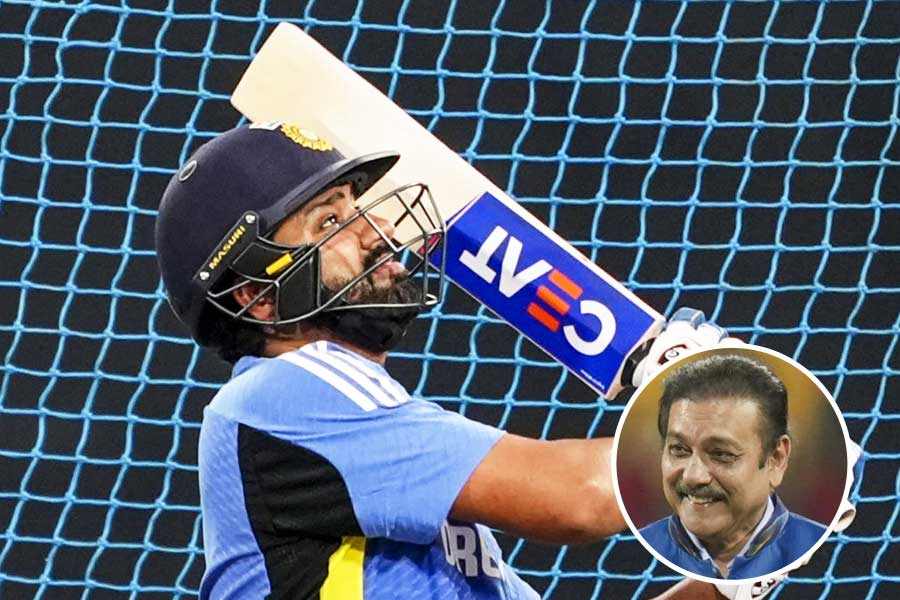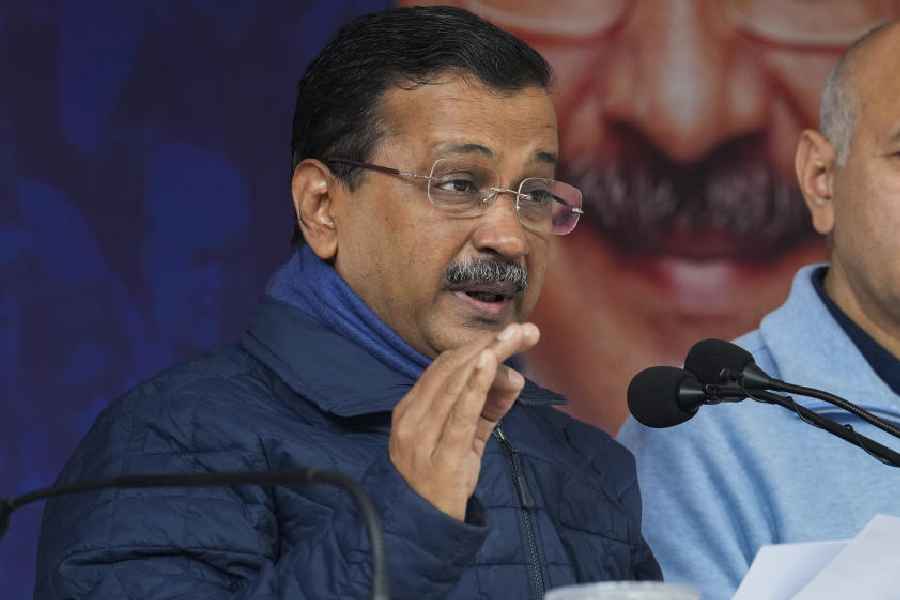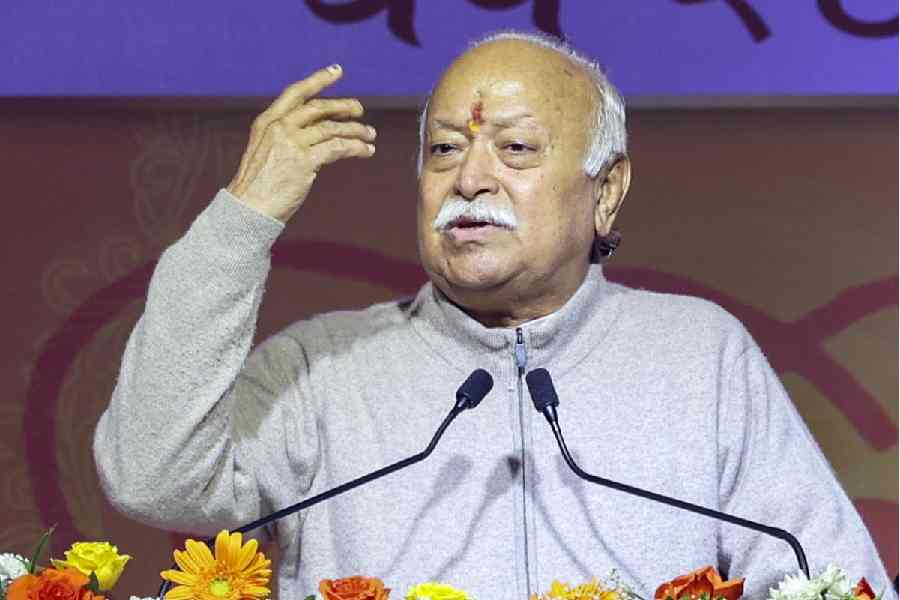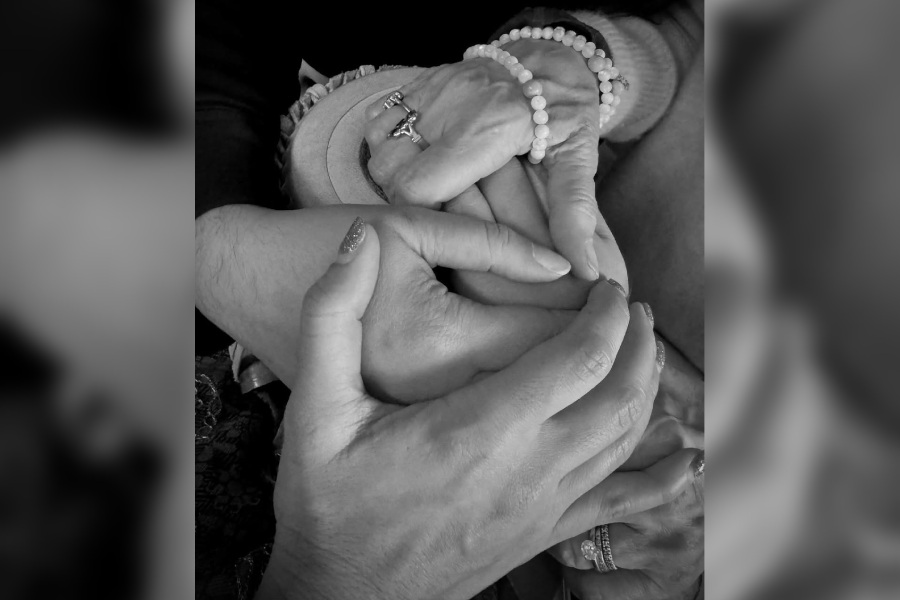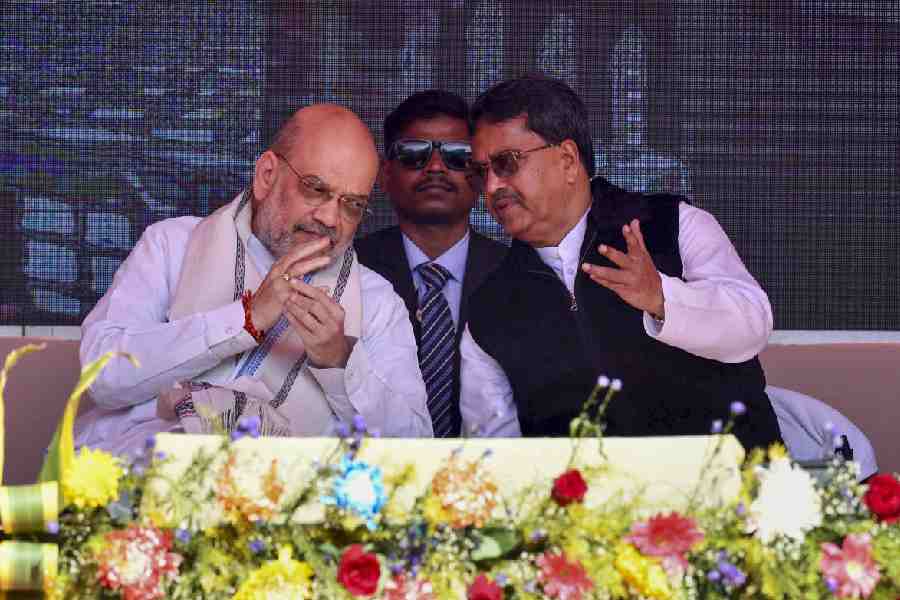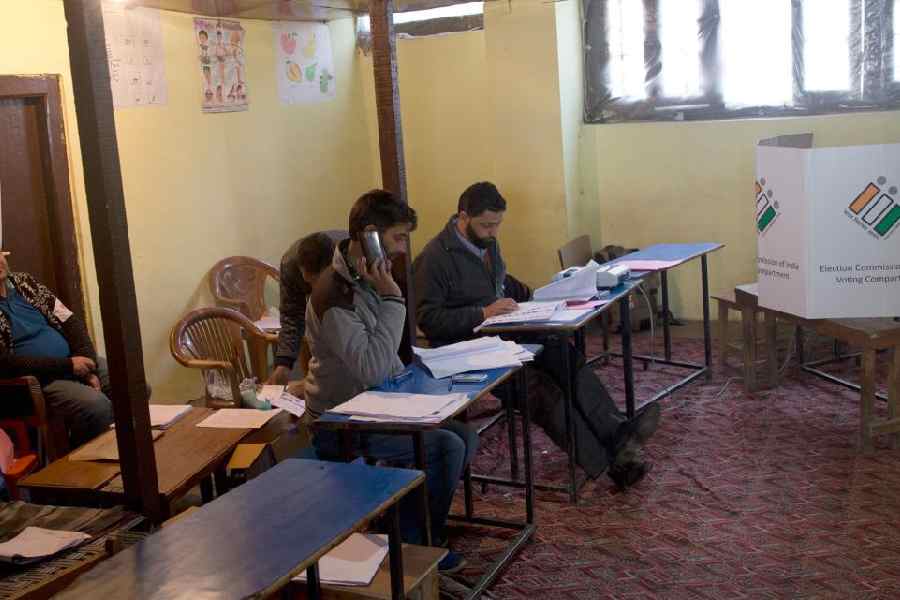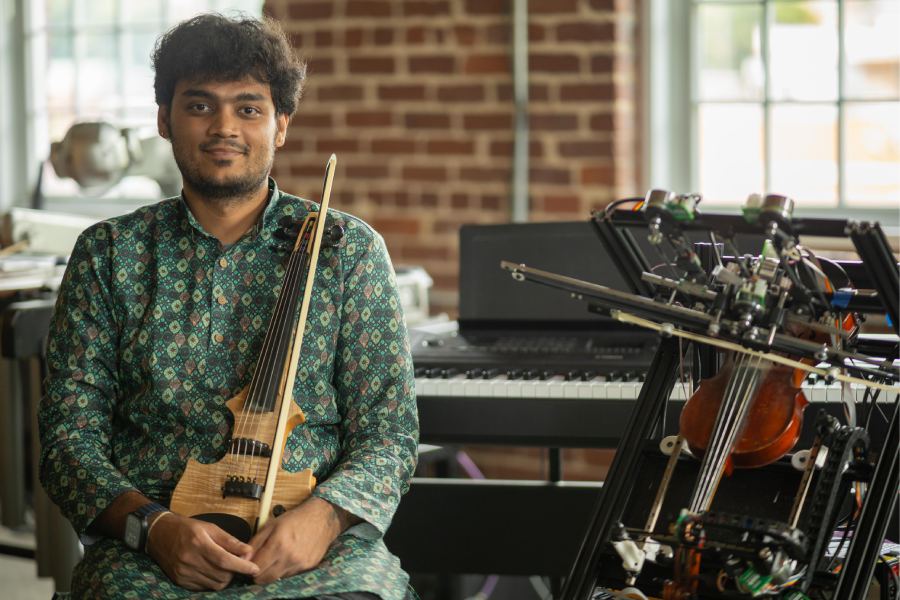Presidency College has a glittering list of former students. Few have left a more lasting impact.
An embattled chief minister overruled opposition from his ranks and turned a historic college into a fledgling university in November 2009.
Buddhadeb Bhattacharjee’s initiative freed the institution from the clutches of his party, the CPM, which for years used it as a laboratory for its policy interventions, and ushered in a semblance of autonomy.
A decade and a half later, the jury is still out on whether the university status did any good to a marquee college.
Bhattacharjee graduated from Presidency’s Bengali department in 1964.
According to many, Bhattacharjee fast-tracked Presidency’s unitary university status after Mamata Banerjee, then leader of the Opposition, wondered at The Telegraph-Calcutta Club National Debate on November 7, 2009, why the Left Front government could not do so in over three decades.
On November 17, 2009, Bhattacharjee announced that a bill would be tabled in the winter session of the Assembly. Following the governor’s ascent, Presidency started its journey as a university on July 7, 2010.
Prasanta Ray, an emeritus professor at Presidency, said: “The Presidency teachers were opposed to turning it into a university because creating adequate infrastructure could be an issue. They were in favour of granting it the status of an autonomous college..... I subscribed to this idea. But the chief minister favoured converting it into a university hoping that this could turn the moribund institution into a thriving university.”
A decision, “however well intended, may not always reach the desired heights in the absence of efforts from other quarters,” Ray said.
Trinamool MP Jawhar Sircar, a Presidency alumnus who served as higher education secretary during Bhattacharjee’s tenure as chief minister, said: “His decision to turn Presidency into a unitary university was laudatory because he had to fight his own party, which was opposed to it.”
According to many, former CPM state secretary Anil Biswas, who had wielded near-absolute control over the West Bengal College University Teachers’ Association (WBCUTA), was against granting autonomy to Presidency.
A committee appointed by the government in 2006 to decide the college’s future is also known to have voted against autonomy under WBCUTA pressure.
The situation changed with a swing in the political landscape that saw a gradual crumbling of the Left empire, starting with the panchayat polls in 2008.
Bivas Chaudhuri, vice-president of the Presidency Alumni Association, said: “When we met Buddhababu in 2010, we requested that no politically inclined academic should be appointed as the first VC of the university. He told us there was pressure from the party to appoint a political academic but he would not succumb to it.”
Amita Chatterjee, then a professor at Jadavpur University, was appointed the first VC of Presidency University.
After 14 years of Presidency’s journey as a university, the underlying sense is: Presidency is not what it used to be.

